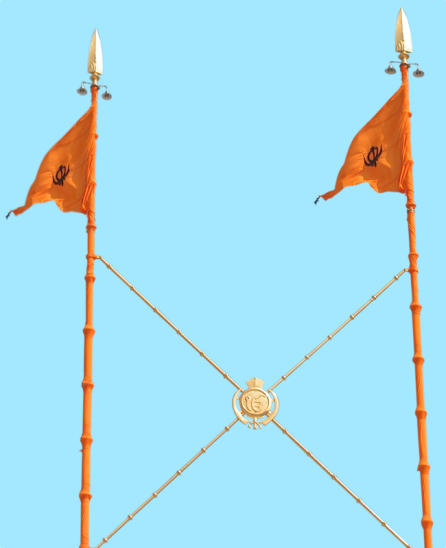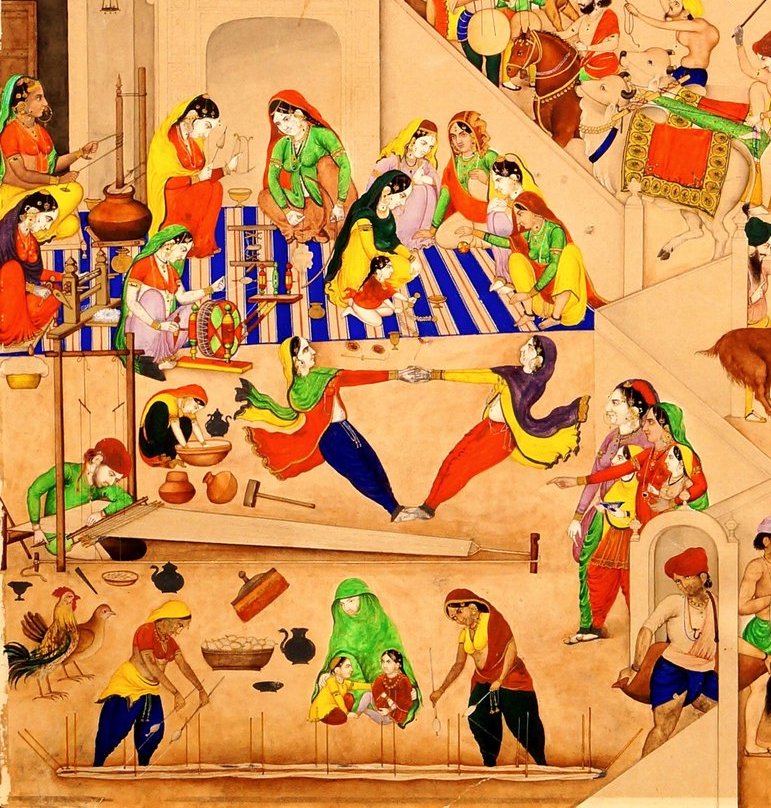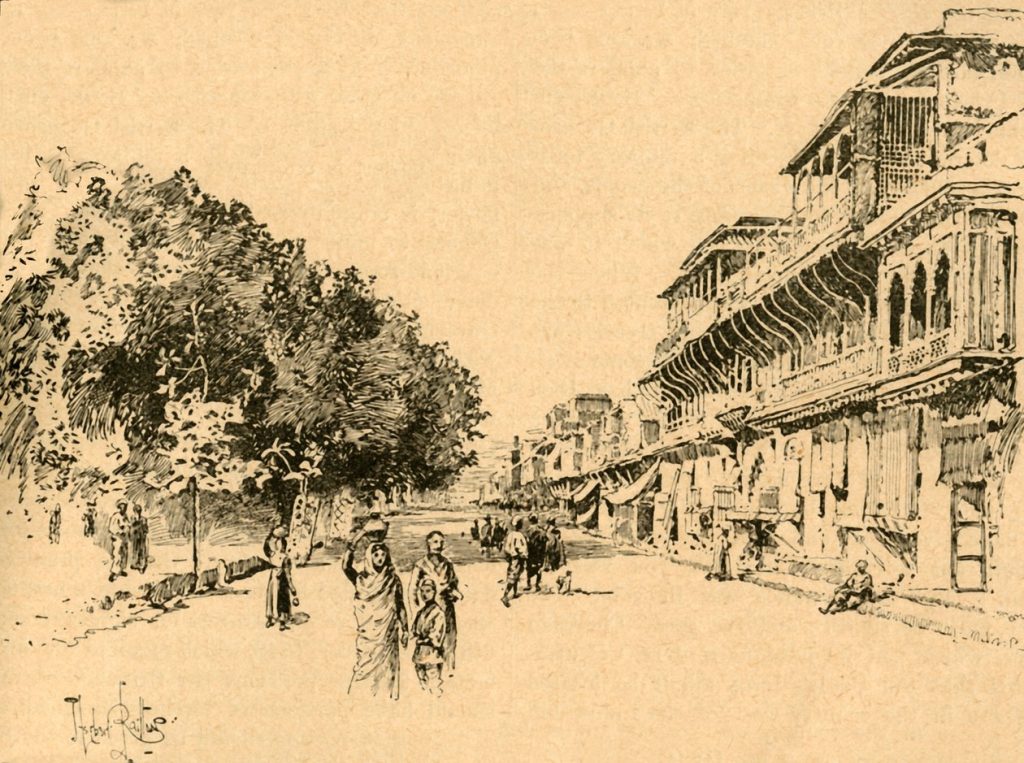Discover the legacy of Lalu Baba, the influential uncle of Guru Nanak, who was born in Talvandi Rai Bhoi and played a pivotal role in Sikh history.
Explore how the Miri Piri concept unifies temporal authority and spiritual guidance in Sikhism, shaping religious and political thought since Guru Hargobind.
Discover the diverse beliefs and practices of Nanakpanthi Sikhs, followers of Guru Nanak, spread across India. Learn about their history and influence.
Discover the significance of Baba Mohan Pothian in Sikh tradition, containing works from the first three Gurus, now preserved by descendants of Guru Amar Das.
Discover 'SARBATT DA BHALA'—a core Sikh belief promoting unity and prosperity for all humanity. Embrace the spirit of goodwill and active compassion.
Explore John Malcolm's groundbreaking 1810 study on Sikh history, culture, and religion. Discover firsthand insights into the Sikh community of Punjab.
Discover how Sikhism redefined women's roles, advocating for equality and dignity in a society where women faced subordination.
Discover the story of Abdulla Khwaja, a pious jail keeper in Delhi who revered Guru Tegh Bahadur and later served Guru Gobind Singh in Anandpur as a physician.







